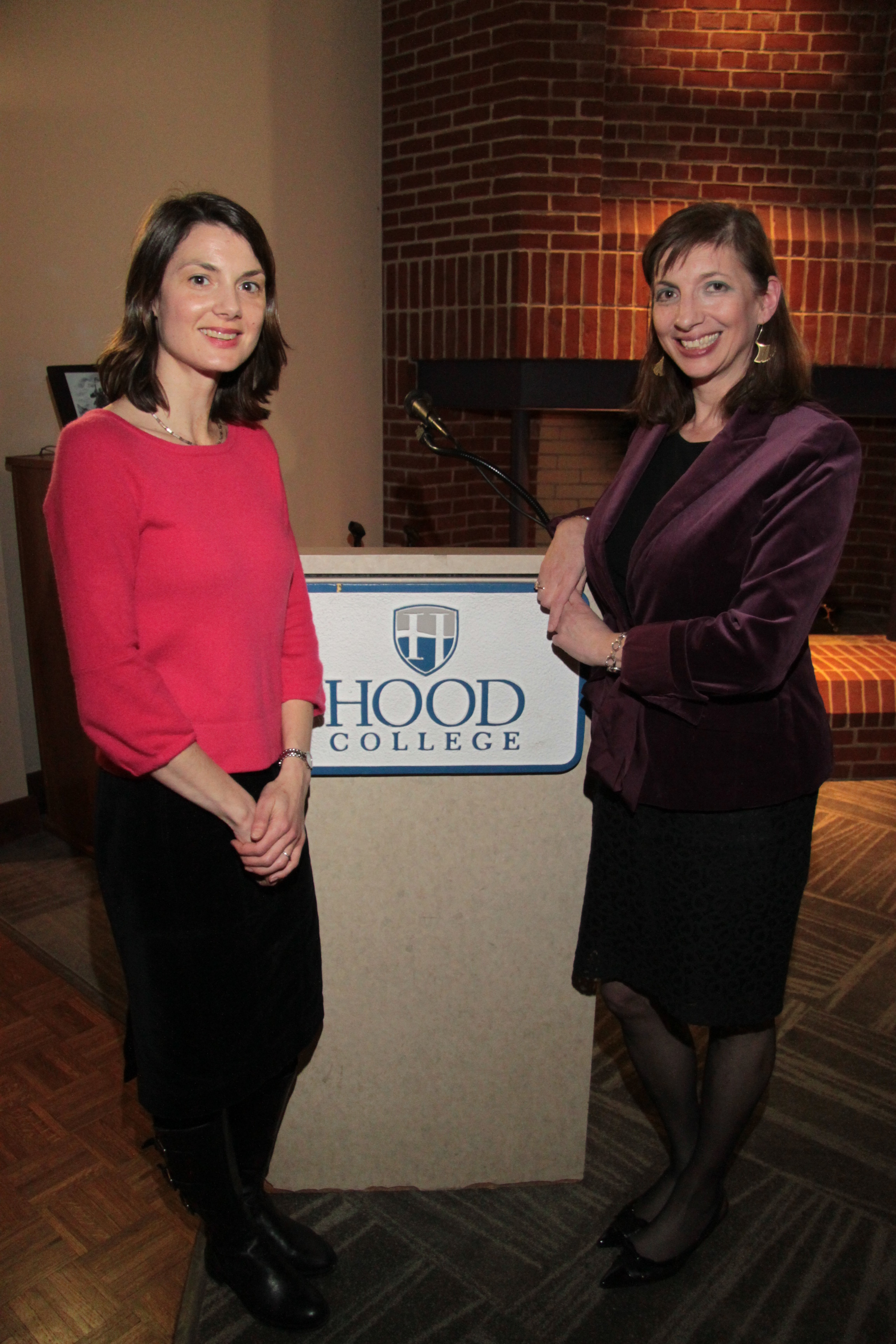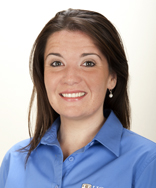
By: Kimberlyn Bennet
The colloquium spring semester series put on by the Center for Humanities features the evolution of the book from print to the digital age.
“[It’s] really a fascination between how digital technology can able our rediscovery of the book,” said Dr. Rebecca Prime, who coordinates the colloquium series.
The series, which changes every year and was started in 1990, theme is developed based on the college curriculum.
“We make an effort to make a connection between the speakers and classes offered,” Prime said. Students find that the series has provided this.
“I like to attend them because a lot of the subjects are interesting. I’m an archaeology major and so it goes along with my major already and I like that they focus on the book going from print to digital,” said freshman Amanda Shaffery.
This particular theme was suggested based on the debate about the introduction of the iPads into the Hood College learning environment.
“[We wanted] to provide some historical context for these debates,” Prime said.
Additionally, Prime believes that the series enhances the college community.
“We really see this as a way to enrich the cultural student experience, “ Prime said.
The next event in the colloquium will highlight Will Nole, curator of manuscripts and rare books at theWaltersArt Museum, whom Prime describes as a “charming and engaging Englishman.”
Nole’s lecture, entitled “Archimedes and Friends: the Digital Recovery of Ancient Texts,” will explain the discovery of erased texts within Archimedes’s, the Greek mathematician, inventor and physicist, 13th century prayer book.
The erased texts include the Method and Stomachion treaties, which have been found in no other writings prior to this unearthing. Also, the speeches by Hyperides, an Athenian orator from the fourth century B.C., and a commentary on Aristotle’s Categories from third century A.D. were found within the erased texts.
Nole will in addition discuss the influence of digitalizing medieval manuscripts on studies of history and literature before the 15th century.
The event will take place in the Marx center at 7 p.m. on March 1.




Be the first to comment